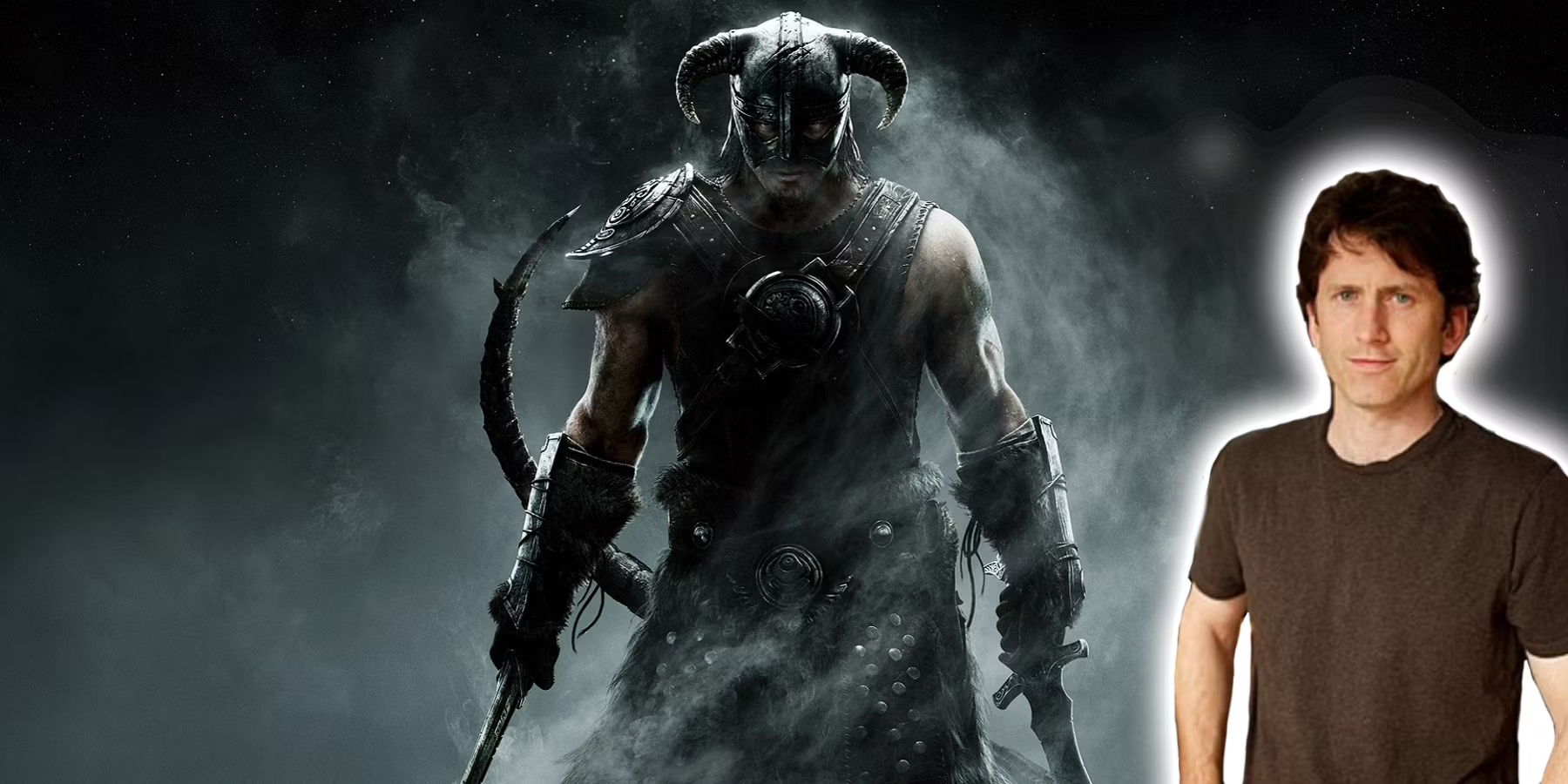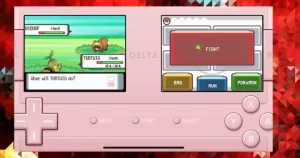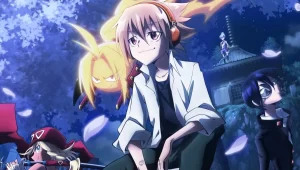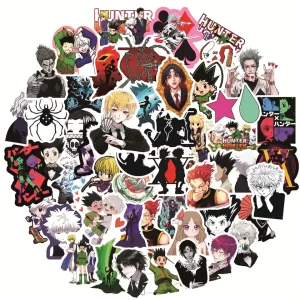It’s no surprise that esports is on the rise, with new avenues and games joining the roster almost every year. I’m a big enthusiast when it comes to esports but I mostly stayed in the fighting game space. However, I have watched several gaming leagues throughout this console generation as live streaming has become a bigger boon in the industry of entertainment. StarCraft 2, Hearthstone, Overwatch, and almost any fighting game (since Marvel Vs Capcom 2) have been some of my favorites and it’s encouraging that anyone can attempt professional esports. Such a dream didn’t exist during my days other than wanting to go to competitive events just for the chance to face high-level players. It is fascinating and great to know that several colleges like USC are investing in the esports scene by supporting students who want to compete and make video games through an event like USC Games Expo 2019.
The Pledge of Esportsmanship
Source: www.xmediagaming.xyz
Esports is not a recent craze in this digital age we find ourselves in. Video game competitions date back to arcades in bars or LAN parties across the world. The only difference is now people can tune in from any device with a screen at home or on the go to view these competitive matches in fan-favorite games. Of course, we also have to be wary of the dangers of creating new forms of entertainment that rival traditional media because frankly, that model doesn’t work in the digital space. So after talking to the head of USC Games Danny Bilson, he mentioned that this year’s expo includes “a huge new esports component… by having exhibition matches against [their] long-time rivals UCLA.” USC Games dedicated the entire field at Meldman Family Cinematic Arts Park just for the expo’s esports competition.
The Associate Director of USC Games’ esports Union, Arnold Ha, was there supporting the event and told me how USC is supporting the initiative. Arnold also goes by his online player moniker “Fat-Free Water”; which at that point made me burst into laughter during our meeting. Arnold told me that he helps coordinate the event and was himself a big fan of the competitive esports scene. Mentioning that USC has definitely made a huge push for esports to become another event that students can rally behind like any other sports competition on campus. USC is creating a space in which players can develop a “culture that emphasizes the player’s ability to become as good as they can be but also learning everything else about esports from management, promotions, to becoming a good team player in the industry.” They work with sponsors like MSI, who make gaming high-end PCs and laptops, and others (like Ubisoft) seeking to properly grow a college level scene from the ground up. Which is all possible because USC helps provide stages, equipment, and other technologies to make a high-level production.
What Makes A ‘Game’ an Esports Contender?
Source: engadget.com/ Philippe Wojazer / Reuters
Almost anything can be a competitive game if given the proper platform, rules, and fan base to support it. Even real-life sports will often have its niche competitions like ‘chess boxing’ where competitors can win either by knockout or checkmate. Esports is just the digital version of a niche scene that it trying to grow to a mainstream state through a young fan base and multi-million dollars sponsorships. Whether it will work or not is another matter but for now, there is still the question of how an IP or game can become the next big thing? Several games made with esports in mind have failed to capture the eyes of viewers while some have become staples like CS:GO and Smash Bros. Melee for decades.
“The skill cap and skill floor,” is what separates a good game from a competitive esports title according to Arnold. However, the presentation also matters because the audience needs to understand what is happening on screen. “For example, I can tell you that in a first-person shooter, headshots look fantastic but the skill is hard to appreciate because it happens in a split-second…while in games like League of Legends, when it’s a play or a combo happens, it’s something that is visually impressive that people want to do for themselves by breaking down every second to learn how to perform that technique.” In my experience, this can be a motivating factor for several people who want to play at the best possible level. The most recent examples that come to mind is the shifting meta-strategies in Overwatch or Apex Legends. Having to adjust your own personal playstyle in order to put yourself in the best possible position to win a match is a common practice that players do as the game changes and evolves.
How Can I Become A Champ?
Source: facebook.com/EvoChampionshipSeries/
Becoming an esports savant requires a ton of time and skill but that isn’t the main focus on what the collegiate level is trying to accomplish. I asked Arnold how could students who want to compete join the various teams and games at USC. He informed me that USC offers two recruitment periods every year, one in the spring and fall, the spring targets the general student body on campus while the fall targets incoming freshmen. After this process, there are tryouts like any other team sport to find the best combinations of players that work well together. Arnold emphasizes that being a team player holds the most weight in deciding who joins or not and that “becoming a team and not just a ‘group of players’” is important above all.
Every year there are several colleges are trying to build their own esports teams to compete with other schools. While Arnold couldn’t tell me a definite answer on how many, he did mention that colleges have reached out for advice. “Lots of colleges have asked us ‘how do we start eSports? Where do we start? What are the best practices? and is a gaming house a good idea?.”He advised them to concentrate on creating a fun environment and to not pursue bad habits like ‘gaming houses’. He said: “These are students at the end of the day… they still need their privacy and as much as they like gaming, bundling them together all the time can be overwhelming.” USC Games and the campus are supportive to their students’ ambitions but they aren’t trying to make money off them, they just want to provide an experience that ‘parallels’ the pro scene. Players like Arnold help students to achieve this; focusing on team play with others and teaching them about streaming, copyright issues and building their own brand.
It was a pleasure to talk to Arnold Ha aka ‘Fat-Free Water’ and hear his experiences in creating a positive and healthy scene for the students of USC. The college itself, through the support from the USC Games Division and their sponsors, have created a good example for other colleges to follow. While esports leagues are in the experimental phases of building a stable industry that rivals entertainment avenues like the NFL and WWE, it is heartening to know that people like Arnold and USC are taking a different approach. They are creating a community that is built on teamwork and fun while also being diverse across different backgrounds of studies.
Be sure to check out my other interviews with the student developers behind Plasticity, End of the Line and Empath at USC Games Expo 2019. Thanks for reading and don’t forget to check out my interview with USC Games Chair Danny Bilson, Shades of Magic author V.E. Schwab, and Black Panther’s Quest voice actor James Mathis III. For more great interviews, reviews, editorials, and news stay tuned to CultureOfGaming.com, or check us out on OpenCritic.com.












